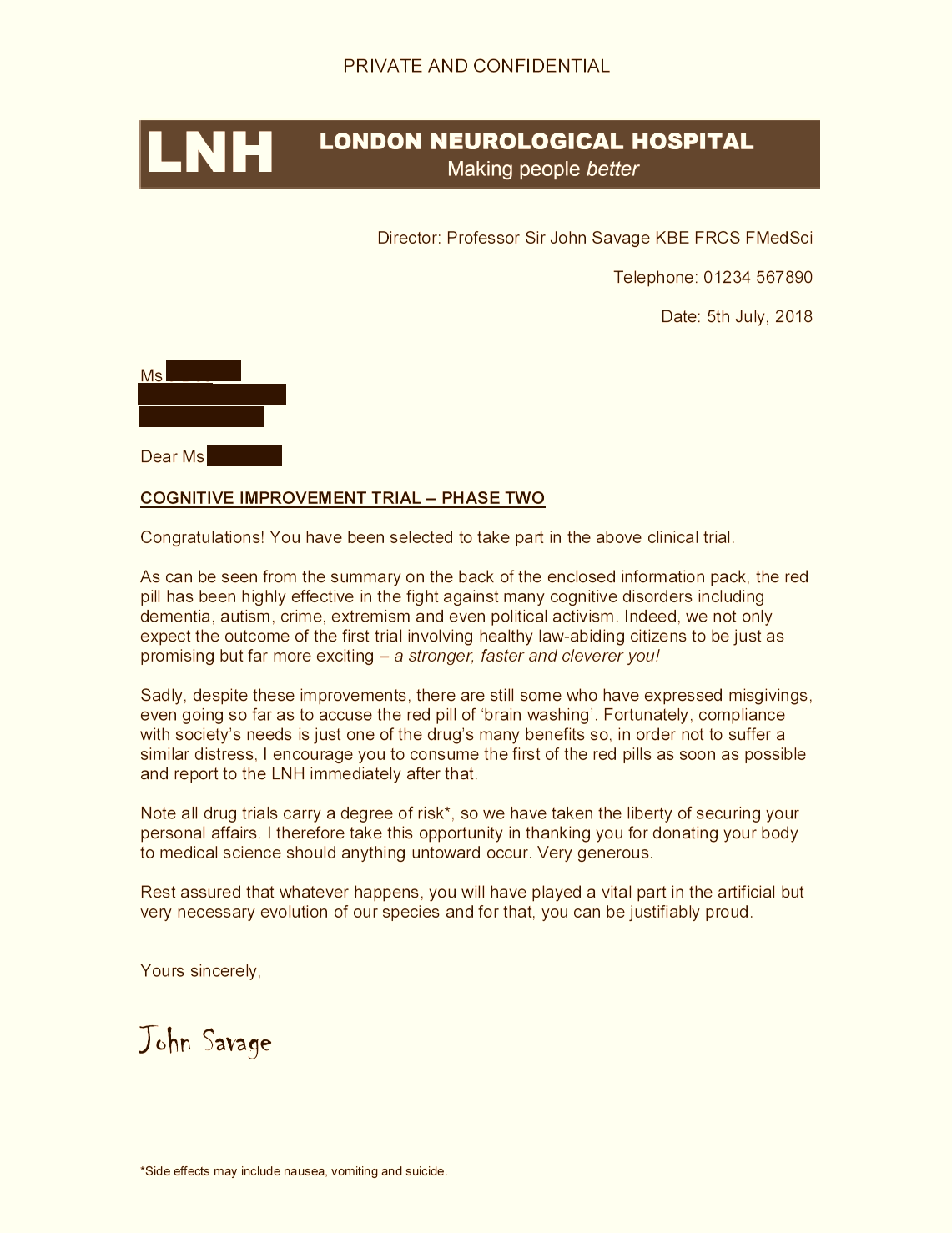I am expecting a knock on my door one day. A conversation will ensue during which the visitor will accuse me of being an accessory to murder. The accusation won’t come as a surprise and neither will I be able to deny the claims. For I witnessed the planning and conduct of the 2003 invasion of Iraq and did nothing to stop it.
Think my arrest unlikely? It’s nothing that wouldn’t make perfect sense to Oskar Groening. Oskar was once an office clerk who, along with the thousands of other Nazis deemed not to have blood on their hands after the Second World War, was allowed to lead a normal life. However, seventy years later he was arrested, tried and found guilty of ‘being an accessory to the murder of at least 300,000 Jews’. His crime? He happened to be stationed at Auschwitz which meant he knew of the atrocities but did nothing to stop them. The irony was if he hadn’t been such a high-profile campaigner against fascism, he probably wouldn’t have been arrested in the first place.
I share a similar sense of responsibility. When, back in 2003, it was discovered Iraq had no weapons of mass destruction I truly believed there would be no war. To say I was aghast to discover we were going to invade the country regardless is an understatement. I voiced my concerns at the time but only to be met with shrugs of shoulders and shakes of heads. In the military, you are trained to obey orders – not to question them – but that didn’t and doesn’t stop me from being troubled by what has since been euphemistically called ‘a mistake’.
The public’s attitude towards its military is changing. What was once seen as an institution to be proud of is increasingly viewed with pity today; nothing more than pawns, put into difficult and dangerous situations by misguided masters with equally dubious intentions. It’s nothing new. When I decided to join the army back in the 1970s, one of my school teachers asked me why I would want to kill people. I was stunned by his attitude. I didn’t want to kill anyone – I just wanted a job. I dismissed him as an out-of-touch hippy, but in the decades since, few would argue many more now share his concern. Who would want to kill someone? The answer of course is that no one does, but there can be no doubt fighting for one’s nation doesn’t resonate like it used to. And, if anything, society is becoming increasingly dismissive of the concept.
The word ‘nation’ has negative connotations today and to the point where it has even become linked with fascism. To many, it conjures up images of far-right organisations, proudly flying the red, white and blue as if it were a swastika. Our elected politicians share a similar discomfort – The Scottish National Party certainly regrets the n-word and as for their thoughts on the Union Jack…
But where does that leave ‘national’ organisations like the military? Like many a teenager, when I first enlisted I was just chasing a paycheck and looking to the weekends. Then, to my surprise, I found myself being honoured by Her Majesty The Queen and my chest swelled with pride. It was official. My contribution to the betterment of society had been recognised at the highest level and I willing wedded myself to the military in response. A proud servant to Queen and country – my nation.
In the UK (and I suspect increasingly so in the US), that attitude is not only ridiculed now but abhorred. Today, the only time society takes pride in itself is at sporting events. When an athlete dedicates his or her latest win to the nation, the country’s flag is waved enthusiastically in response but if a soldier, sailor or airman expresses a similar pride in their achievements, society’s reaction is tempered with a heavy dose of pity and even regret.
But if you think the passage of time isn’t about to further change the way the UK, the US (or any Western nation for that matter) views its service personnel then look at how we treat our veterans today. I may not have been serving when The Bloody Sunday Massacre took place in Northern Ireland but the fact the soldiers involved are being investigated for murder some forty-five years later comes as no surprise to me.
I’m proud to have served Queen and country but just as German society has seen fit to change its mind about someone once viewed as little more than a victim of circumstance, I suspect the passage of time will ensure my pride and that of many others will one day receive a similar punishment.
I often wonder if there was more I could have done to prevent the needless deaths of thousands of Iraqis and allied troops back in 2003 and that’s why I took to writing – to try and exorcise my sense of guilt. Oskar was ninety-three when he was arrested so I suppose I could even be dead by the time society decides my particular ‘blind eye’ was a war crime. Here’s hoping.

